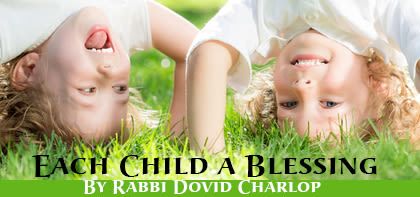
Each Child a Blessing
Let us go joyfully to our Passover table knowing that each one of our sons is Hashem’s gift to us - even the "wicked son".

The wonderful holiday of Passover is around the corner. One of the highlights of the evening’s celebration is the reading of the Haggadah, the story of the Exodus. And in that special story, a favorite part is the discussion of the four sons: the wise son, the wicked son, the simple son, and the son who doesn’t know how to ask. I would like to share a fundamental insight that I once read about the wicked son, in particular, and the four sons, in general.
In four separate passages throughout the Torah, we are called upon to tell our children about the Exodus from Egypt. Although the four sections seem basically similar, our Sages sensitize us to the differences. Based on subtleties in the text, they explain that these four passages refer to four different types of sons and our obligation to relate to each of them differently.
Parenthetically, we shouldn’t forget that the Torah’s differentiation was a minor (or major) revolution in child-rearing. I once read an article claiming that historically this is the earliest pedagogical source for the responsibility to “teach the child according to his nature”. As important as this basic principle is there are 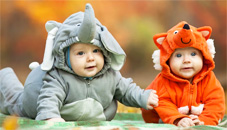 other hidden messages that we wouldn’t notice without digging a little deeper into the text. Let us go back in time to the story of the first of these sections.
other hidden messages that we wouldn’t notice without digging a little deeper into the text. Let us go back in time to the story of the first of these sections.
In Exodus 12:26-27 the Torah describes the first of the four sons. “And it will be when your sons will say to you ‘what is this service to you?’ (referring to the Paschal offering)”. Notice it doesn’t say the nature of the son, but we will get back to this in a moment. The response: “And you should say, ‘This is a Paschal offering to Hashem because He passed over the Jewish homes in Egypt when He smote the Egyptians and He saved our homes’ and the people bowed down and prostrated themselves.” (my italics) What were the people so excited about? Rashi comments that they were happy about the good news of their imminent redemption, about the fact they would enter the land of Israel, and finally that they would merit to have children. It’s a moving narrative except for one problem. According to our Sages this passage refers to the wicked son. Is this such good news? Were they truly appreciative about giving birth to sons that would be wicked?
When the Jews were in Egypt, there was a terrible decree to kill all of the new-born boys lest one of them become the future redeemer of the Jewish people. At that time the head of Jewry, Amram the father of Moses, decreed upon the Jews men that they should divorce their wives to assure that no sons would be born and therefore none would be killed. Miriam, Moses’ older sister, protested to her father telling him that his ruling was worse than Pharaoh’s since Pharaoh only decreed on the boys whereas Amram was, in essence, cutting off the future of the Jewish people. Amram agreed to his daughter’s logic and rescinded his ruling. Because of this change he took back his wife and soon after Moses was born.
From this incident the Jewish people learned a lesson for all time. The worst fate of the Jewish people is to have no future. That is the natural consequence if no children are born because, in essence, we give up on the continuity of the Jews. And even if the children that are born will be wicked (based on our Sages explanation of the sons mentioned above) there is still a future.
The world is a scary place to bring children into. It is a world of pain and worry but it is also a world of hope. Miriam taught her father that even if the next generation looks bad but that’s infinitely better than no future at all. Also, we never know what will happen to those “wicked” children. As long as there is life, there is hope. And who’s to say what the generation after that will look like? Hashem told the Jews the good news that we would have children. Our response was one of deep thanks, to know that there would be a future to the Jewish people come what may.
How many people don’t want to have children or want to limit the number of children they want? (I’m not discussing the legal aspects of this question, which should be directed to a competent Orthodox Rabbi.) Children are a blessing and they are our future.
Let us go joyfully to our Passover table knowing that each one of our sons is Hashem’s gift to us and is also our contribution to the continuity and future of the Jewish people.
* * *
Rabbi Dovid Charlop is on the teaching staff of the Neve Tzion Yeshiva in Telzstone, Israel.


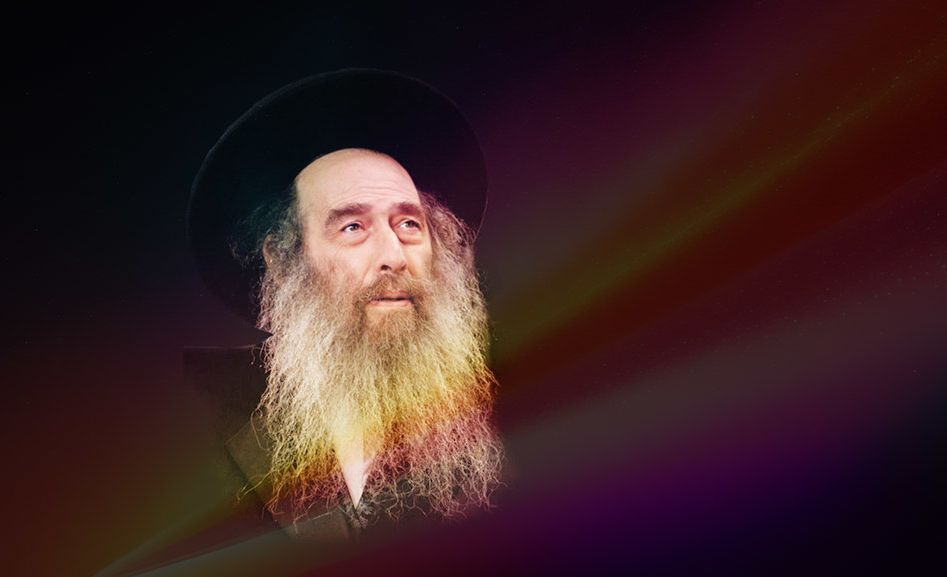




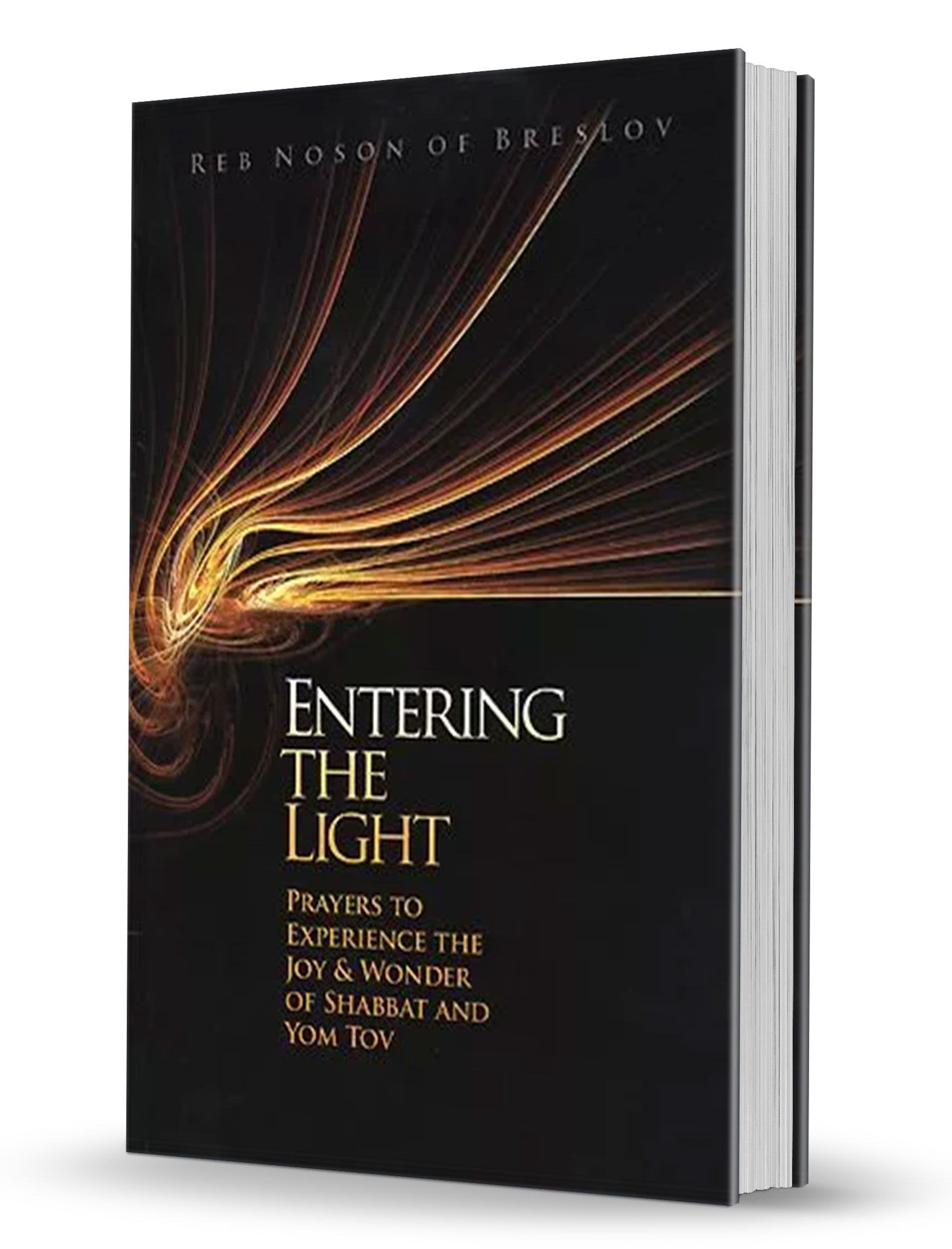
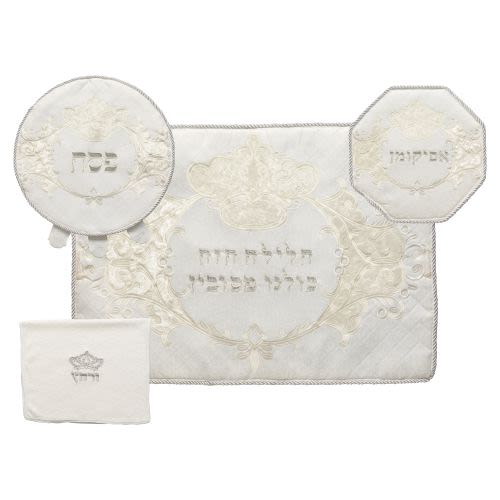
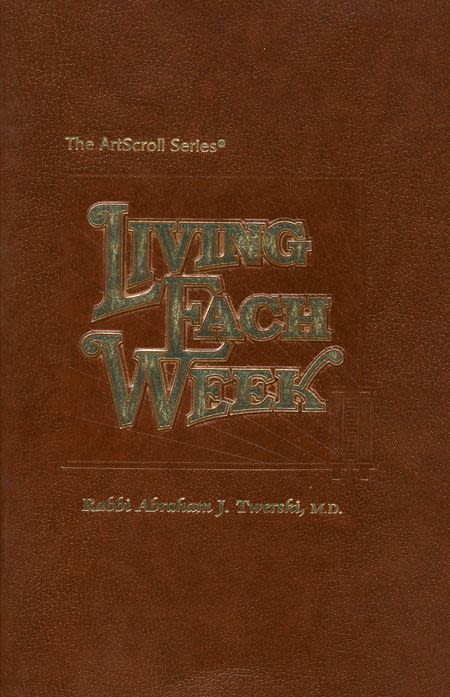
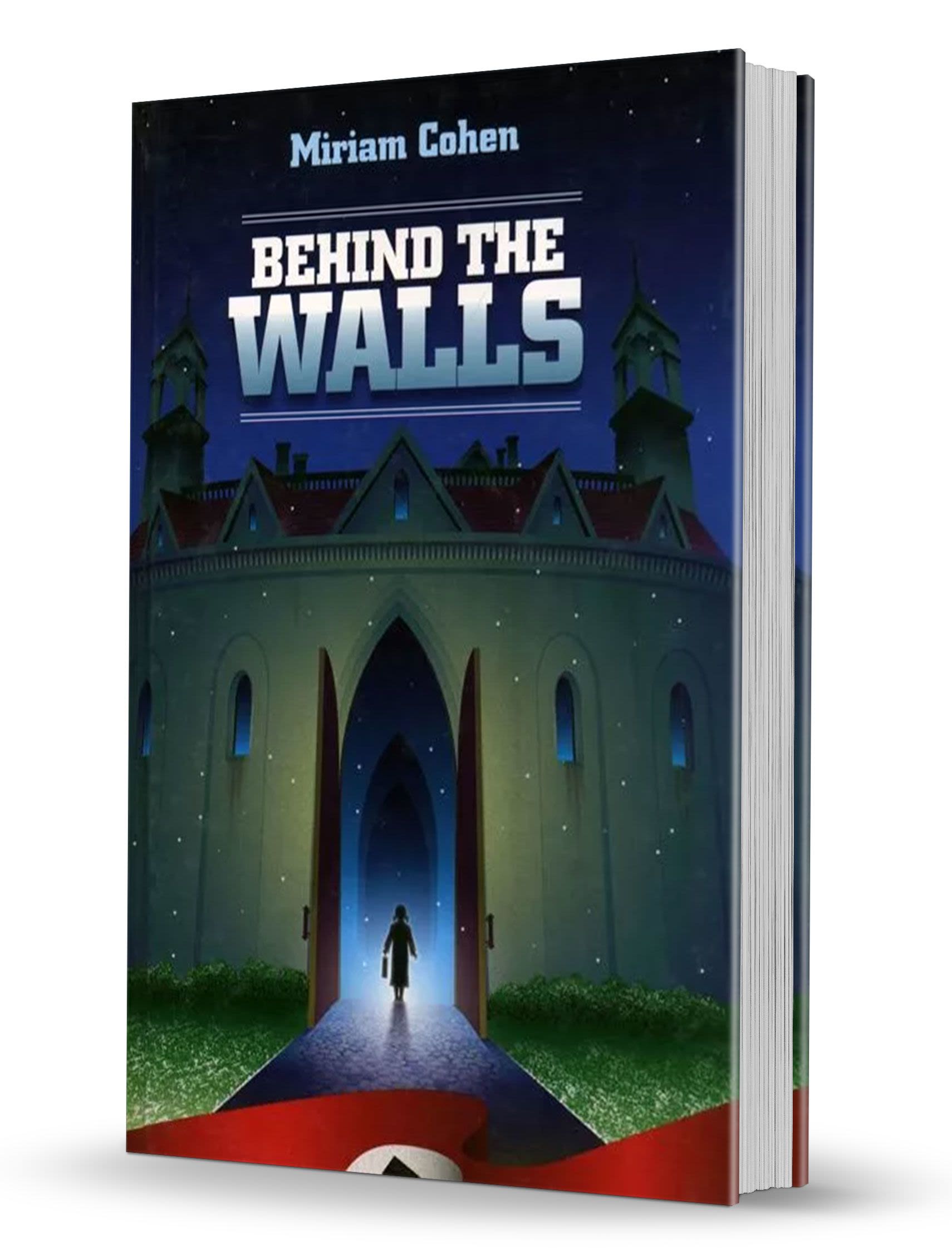

Tell us what you think!
Thank you for your comment!
It will be published after approval by the Editor.